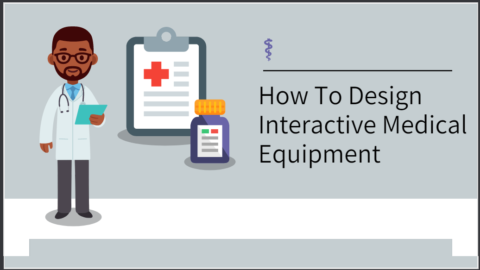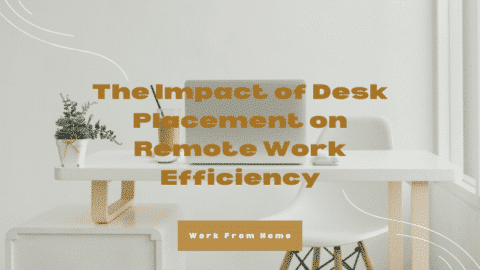What Are The Advantages And Disadvantages of Short-Term vs. Long-Term Health Insurance Plans?
Health insurance is a type of insurance that helps protect individuals from the high costs of medical care. It does this by providing individuals with a way to pay for medical care without having to worry about footing the entire bill themselves. When it comes to health insurance, there are two main types of plans: short-term and long-term plans. Both have their pros and cons, so how do you know which one is right for you? Keep reading to find out.
Table of Contents

Short-term health insurance plans in the United States are typically cheaper than long-term health insurance plans. For example, pricing for short-term plans can start at under $10 per month. Short-term health insurance plans do not cover pre-existing conditions, and they often have a waiting period before coverage begins. Meanwhile, long-term health insurance plans usually offer more comprehensive coverage, but they are also more expensive. Long-term policies usually have a waiting period of several months before coverage begins for current enrollees. This allows the insurance company to weed out people who only want short-term coverage. Health insurance premiums also differ depending on the insurance provider.
Is there a time limit on how long you can stay on a short-term health insurance plan?
Most short-term health insurance plans have a time limit. So you need to decide whether you want coverage for a short period of time or for a longer period of time. Some people choose to buy a short-term health insurance plan when they are between jobs. Or if they are waiting for their long-term health insurance plan to start.
What happens if you need coverage for more than just a few months?
If you only need coverage for a few months, you may want to consider a short-term health insurance plan. These plans typically offer coverage for 30 to 180 days, and they can be a good option if you’re between jobs, waiting for coverage to start under a new plan, or facing a gap in coverage. But if you need coverage for more than just a few months, you may want to consider buying a long-term health insurance plan. These plans offer coverage for one year or more, and they can be a good option if you want to maintain continuous health insurance coverage. They can be a good option for people who need extensive medical care.
Are there any other factors to consider when choosing between short-term and long-term ones?
The most important factor is how long you need coverage. If you only need coverage for a short period of time, a short-term health insurance plan may be the best option. However, if you need coverage for a longer period of time, a long-term insurance plan may be a better option. Another factor to consider is whether you want comprehensive or limited coverage. Short-term insurance plans typically offer limited coverage, while long-term policies offer more comprehensive coverage. Another consideration is the cost of the plan. You should consider your needs and budget before choosing between a short-term or long-term health insurance policy.
Learning how to choose between different types of health insurance is important because it can help you make the best decision for both your health and your budget. In conclusion, short-term health insurance plans are a good option for people who are in good health and only need coverage for a short period of time. On the other hand, long-term health insurance plans are a good option for people who need coverage for a long period of time or who have health conditions that require ongoing treatment.
Benefits of having insurance plans:
There is no way to know what will happen in the future, and you definitely can’t anticipate when you’ll be in a position where you’ll need a life insurance policy. This is one of the many reasons why having insurance policies is beneficial. Why not prepare ahead if you don’t have a precise idea of when you’ll need it, given that you can’t predict it? By purchasing insurance, you give yourself the opportunity to plan ahead for everything that the future may bring, including the possibility of being sick, accidents, reaching retirement age, or even passing away.
The unexpectedly high expenses of medical care are covered by your health insurance policy. Even before you have met your deductible, you will pay less for approved medical treatment provided by providers that are part of your insurance network. Even before you have met your deductible, you are eligible for free preventive care. This may include vaccinations, screenings, and even certain check-ups.
The financial benefits of having health insurance include the following:
One of the primary functions of health insurance plan is to make health care more affordable. Additionally, health insurance protects us from the financial repercussions of accidents and unexpected illnesses, which can easily add up to thousands upon thousands of dollars.
People who are generally healthy and young adults may believe they do not need health insurance since they do not get ill often and have never spent even a single day in the hospital. They may also believe that purchasing health insurance is an unnecessary investment that they can forego. Nevertheless, any one of us may fall victim to an accident or disease at any moment. Because we do not have health insurance, we are responsible for paying for all of our medical expenses, which puts us in a precarious financial position.

Business Developmeny Manager at PAS InfoCom Technologies Ltd. Experienced in project management with a demonstrated history of working in the information technology and services industry.










